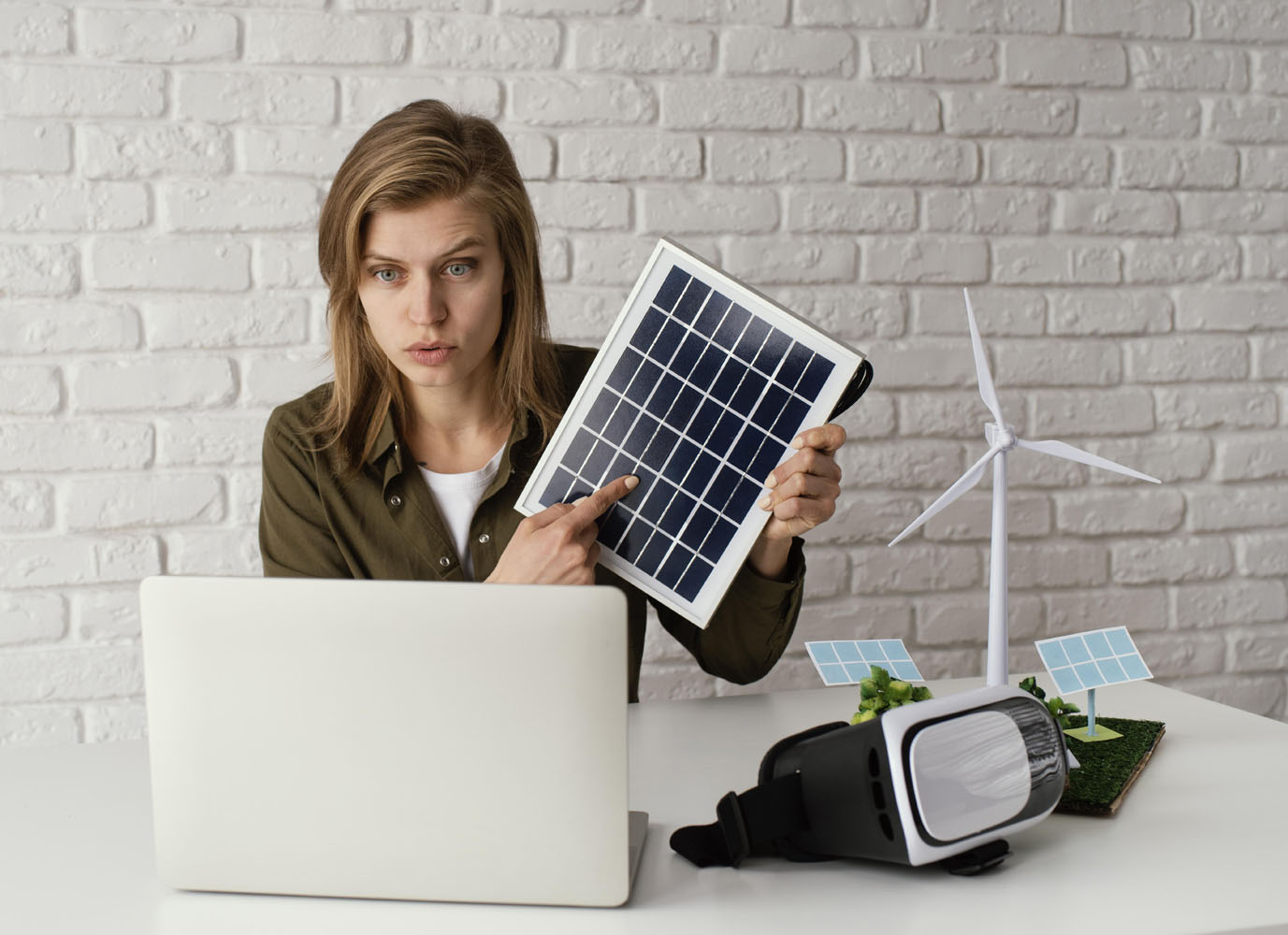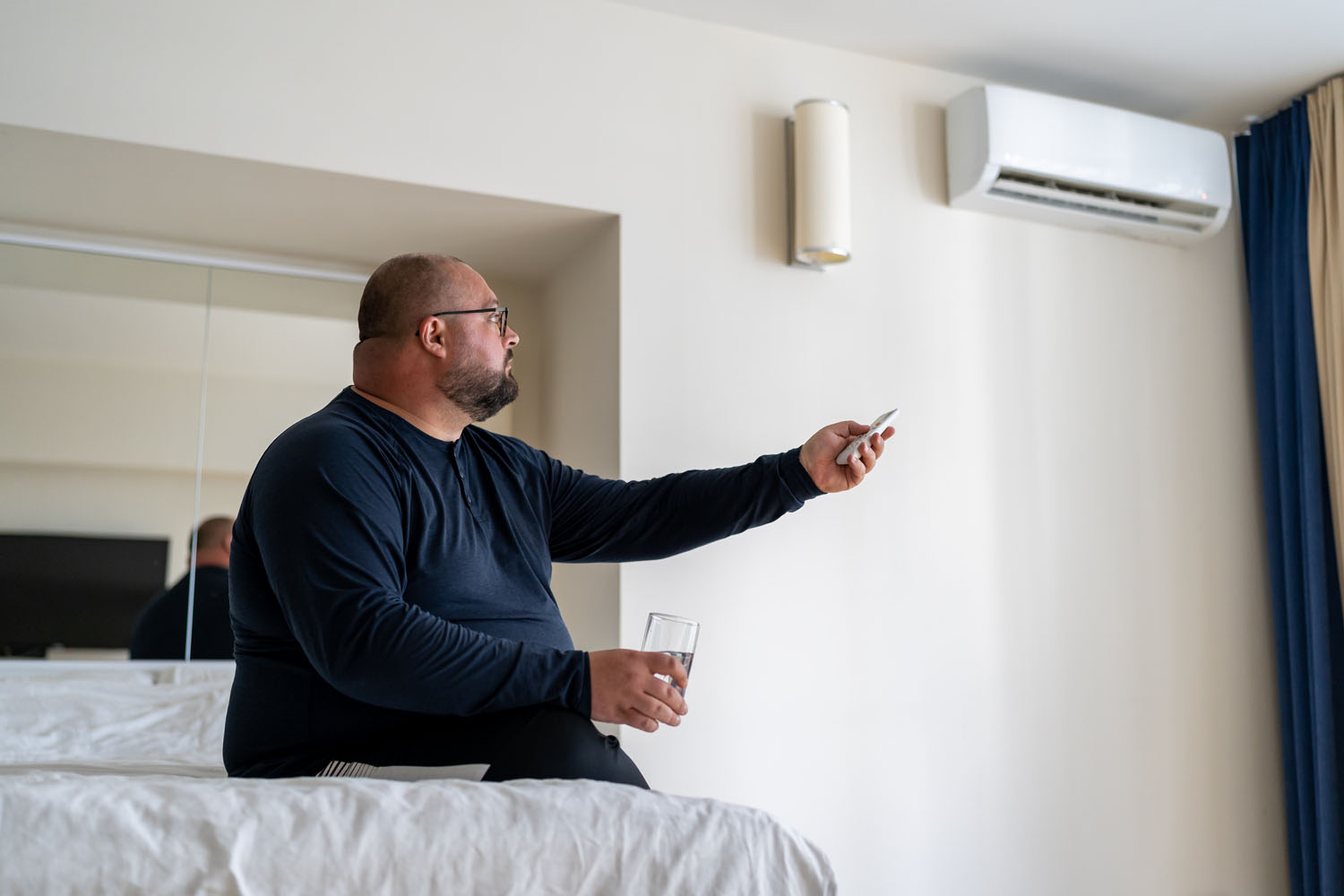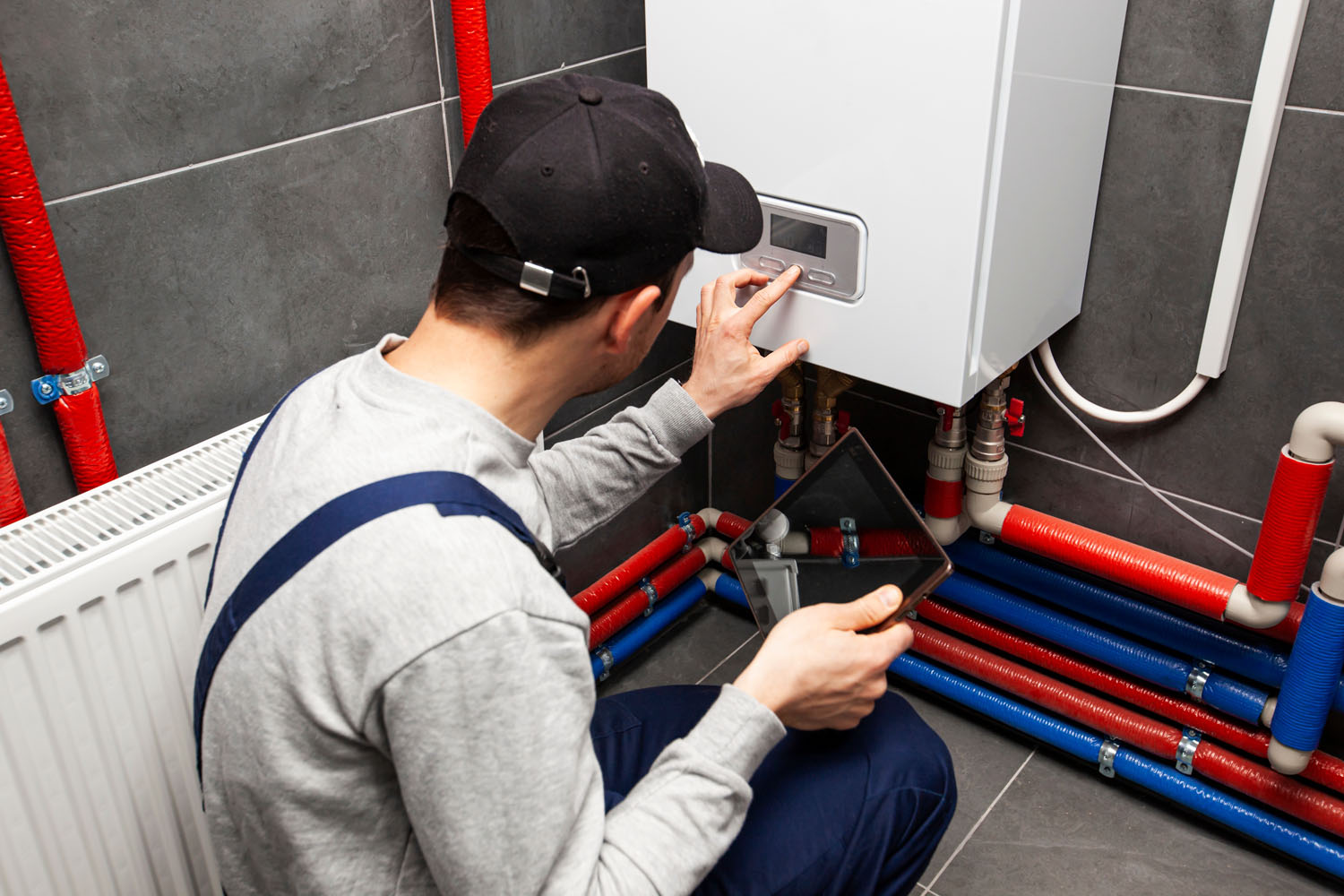With energy costs on the rise, improving the efficiency of your home’s heating and cooling systems is more important than ever. There are several best practices you can follow to reduce energy consumption while maintaining comfort, and many of them are simple, affordable, and easy to implement. Here, we’ll explore the best practices for achieving energy efficiency in home heating and cooling.
1. Insulation is Key
One of the most effective ways to improve energy efficiency in heating and cooling is to ensure your home is well-insulated. Proper insulation reduces heat loss in winter and heat gain in summer, meaning your HVAC system doesn’t need to work as hard to maintain a comfortable temperature.
- Roof insulation: The roof is where most heat escapes, so ensuring your ceiling is well-insulated can make a big difference.
- Wall insulation: In colder climates, insulating external walls will further reduce heat loss and improve energy efficiency.
- Windows and doors: Use double-glazed windows or install weatherstripping around doors and windows to reduce drafts.
2. Seal Air Leaks
Air leaks around doors, windows, and ductwork can significantly reduce the efficiency of your heating and cooling system. Sealing these leaks is a cost-effective way to prevent wasted energy.
- Caulking and weatherstripping: Apply caulk and weatherstripping around doors, windows, and any other openings to reduce drafts.
- Duct sealing: Leaky ducts can lose up to 30% of heated or cooled air before it reaches your living space. Have a professional seal your ductwork to improve efficiency.
3. Use a Programmable Thermostat
A programmable thermostat can help you manage your home’s temperature more efficiently by allowing you to set heating and cooling schedules based on when you’re home. This prevents your HVAC system from running unnecessarily when no one is home.
- Set it and forget it: Program your thermostat to lower the temperature while you’re asleep or away and to raise it when you’re home.
- Smart thermostats: Consider upgrading to a smart thermostat, which can learn your habits and adjust the temperature automatically for optimal energy savings.
4. Regular HVAC Maintenance
Maintaining your HVAC system is essential for keeping it running efficiently. Simple maintenance tasks like cleaning filters and having your system inspected by a professional can prevent breakdowns and ensure your system is working at peak performance.
- Clean filters: Dirty filters can restrict airflow, causing your HVAC system to work harder and use more energy. Replace or clean your filters every 1-3 months.
- Annual inspections: Schedule annual maintenance checks with a professional to identify any issues early and ensure your system is running efficiently.
5. Zoning Systems for Personalized Comfort
If you have a large or multi-storey home, consider installing a zoning system. Zoning allows you to control the temperature in different areas of the home separately, so you’re not wasting energy heating or cooling unused spaces.
- Customised comfort: You can maintain different temperatures in different rooms based on your needs, improving both comfort and efficiency.
- Lower energy usage: Zoning systems help reduce the workload on your HVAC system, lowering energy consumption.
6. Take Advantage of Natural Ventilation
In moderate temperatures, consider using natural ventilation to cool your home. Opening windows to create cross-ventilation can reduce your reliance on air conditioning.
- Night purging: In summer, open your windows at night to let cool air in, and close them during the day to trap cool air inside.
- Ceiling fans: Use ceiling fans to circulate air and reduce the load on your air conditioning system.
Conclusion
By following these best practices for energy efficiency, you can significantly reduce your energy consumption and lower your heating and cooling costs while maintaining a comfortable living environment. Simple steps like improving insulation, sealing air leaks, and maintaining your HVAC system can go a long way in making your home more energy-efficient and environmentally friendly.







